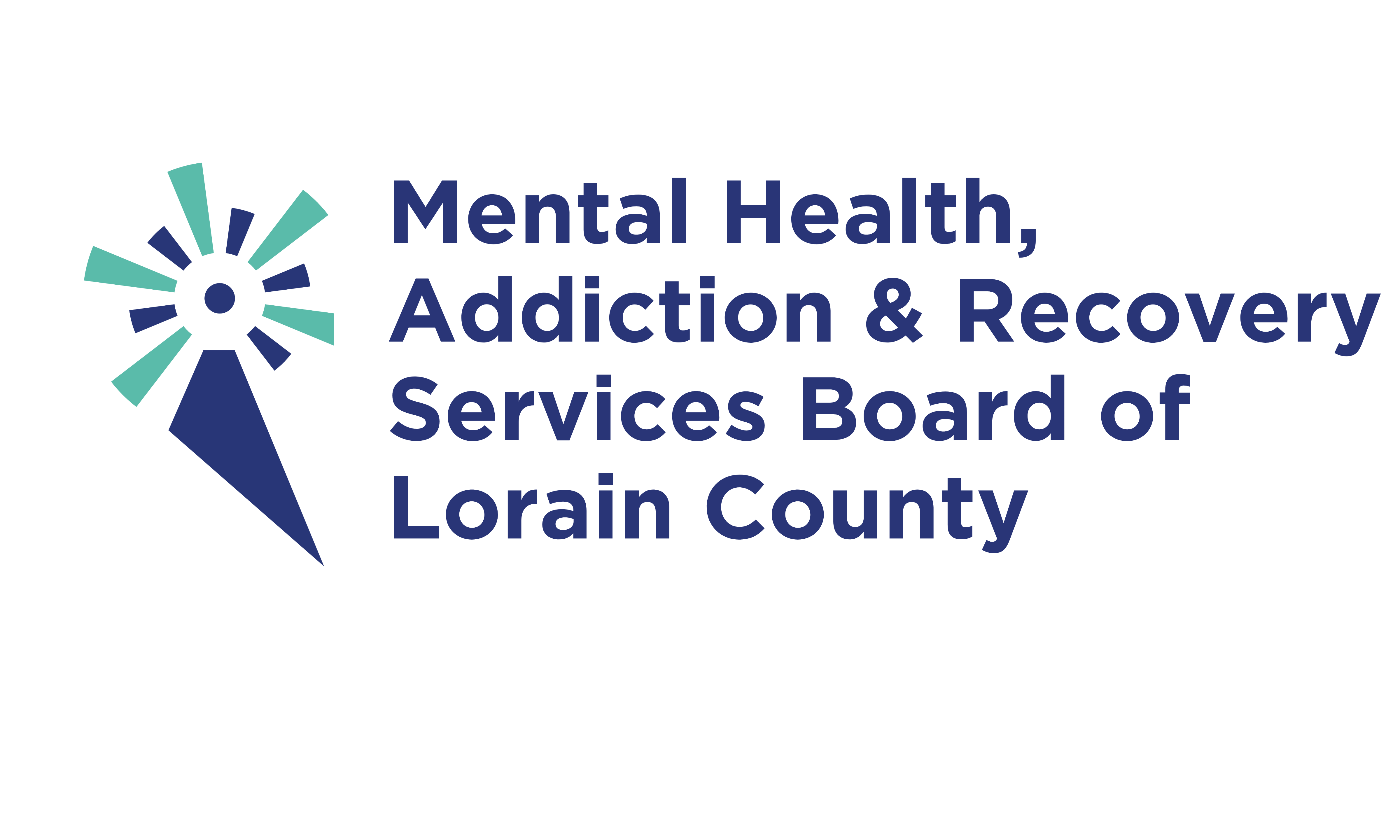MHARS Board of Lorain County Receives Grant Funding for Mobile Response Stabilization Services
The Ohio Department of Mental Health and Addiction Services (OhioMHAS), in partnership with Ohio Governor Mike DeWine’s Children’s Initiative and the Ohio Department of Medicaid, has announced that the Mental Health, Addiction and Recovery Services (MHARS) Board of Lorain County is the recipient of a $224,368 grant for Mobile Response Stabilization Services (MRSS).
“This grant will allow us to reach youth and their families with critical services when and where they are most urgently needed,” said MHARS Board Executive Director Michael Doud. “It is an important addition to our toolbelt to ensure we improve our crisis response in Lorain County.”
The MHARS Board of Lorain County is one of eight behavioral health boards in Ohio to receive an MRSS grant. Ohio’s MRSS program provides mobile, on-site and rapid intervention for youth ages 0-21 who are experiencing a behavioral health crisis. This allows for immediate de-escalation of the situation in the least restrictive setting possible, prevention of the condition from worsening and the timely stabilization of the crisis. The mobile crisis component of MRSS is designed to provide time-limited, on-demand crisis intervention services in any setting in which a behavioral health crisis is occurring, including homes, schools and emergency departments. Depending on the needs of the child, the stabilization component may include a temporary, out-of-home crisis resolution in a safe environment.
“These investments are an important step forward for Ohio in meeting the needs of children and families experiencing a mental health crisis,” said Governor Mike DeWine. “While nobody can predict when and where a mental health crisis will occur, Ohio’s MRSS Program represents an important first line of defense in providing timely access to services, improving outcomes for children and families, and reducing burdens on law enforcement and emergency departments.”
“The goal of this program is to intercede before urgent behavioral situations become unmanageable emergencies,” said OhioMHAS Director Lori Criss. “This expansion will allow us to engage young people and their families immediately to de-escalate a crisis and provide local stabilization services that help keep them safe and healthy in their own homes and communities.”
Click here to view OhioMHAS’s press release.
Learn MoreWhich is better, dogs or cats?
- You’ve been feeling low or irritable for most of the day, every day for two weeks or more. You might have found yourself worrying about past or future events for long periods of time, or simply feeling sad, cross or tearful. Sometimes it’s hard to recognize a gradual change – have others noticed that you don’t seem your usual self?
- You’ve lost interest in activities that you used to enjoy. Perhaps you have been seeing less of your friends or family recently, have stopped going to the gym, or cooking balanced meals. This is really about recognizing changes in what’s normal for you – no one is saying you have to exercise five times a week or eat your greens, but changes in your routine can offer concrete indications that your mood is changing.
- You are struggling to concentrate. You might notice that you struggle to focus when reading or watching television, for example, or to follow the thread of a spoken conversation. This could be affecting your performance at work, or limiting your ability to perform routine tasks such as food shopping. Again, we are looking for a change in what’s normal for you, so if concentration has always been something you find tricky there is little cause for concern.

In three words I can sum up everything I’ve learned about life: it goes on.
– Robert Frost
